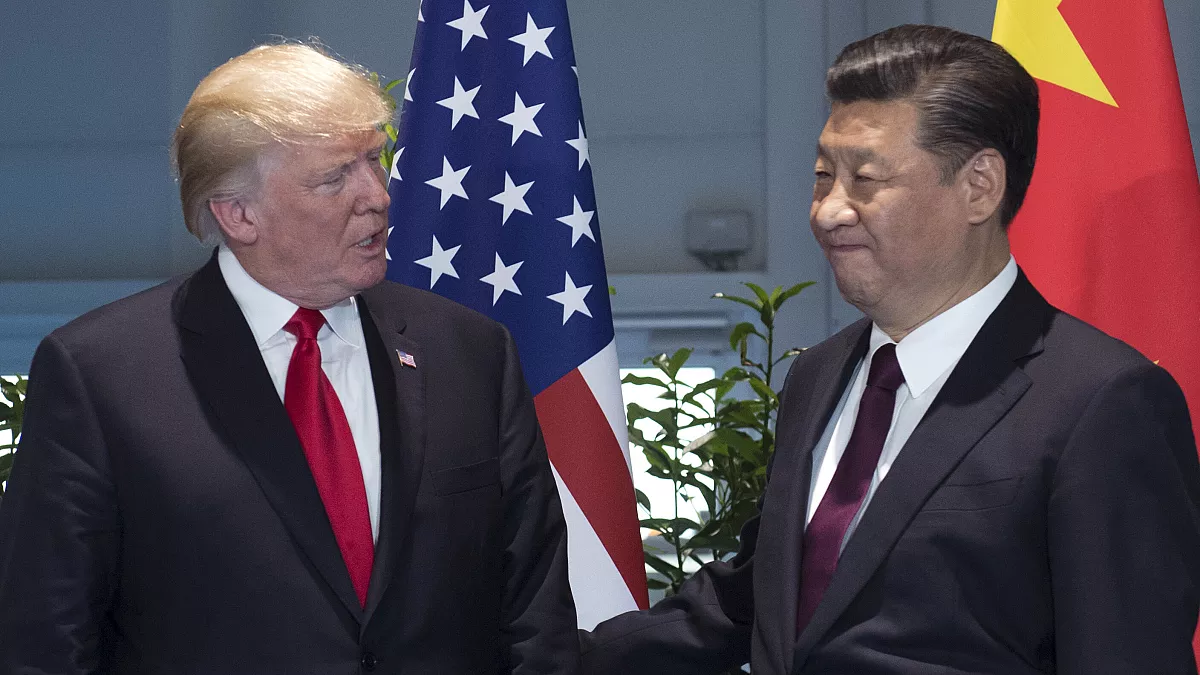
United States President Donald Trump has suspended most of the tariffs recently imposed on dozens of countries, causing reactions in financial markets and among international leaders.
The decision was announced less than 24 hours after the entry into force of new trade measures, in a context of increasing instability in global markets.
Partial reversal of tariffs occurred after a period of strong volatility in the financial markets, considered the most intense since the beginning of the Covid-19 pandemic.
The main stock rates of the United States recorded discharge with the news, a movement that extended to the Asia and Europe scholarships on the morning of Thursday, 10.
Tariffs initially announced by Trump included widespread increases on products from various business partners.
Before the retreat, fear between investors caused billionaire losses in the stock markets and increased income from US Treasury titles, a factor that, according to analysts, would have influenced the president’s decision.
Despite the retreat over several countries, the highest rates on China imports were maintained. Chinese products remain subject to a 125% rate compared to the 104% previously announced. Trump also signed a decree to reduce China’s influence on the global maritime transportation and promote US naval industry.
China responded to measures with the imposition of 84% tariffs on US products, as well as signaling the possibility of new retaliation.
Chinese Ministry spokesman He Yongqian said the country will “continue to the end” if the United States maintain its position. “The door of China is open to dialogue, but it should be based on mutual respect,” he said at a press conference.
Foreign Ministry spokeswoman Mao Ning published a statement on platform X with the phrase “We didn’t back down,” accompanied by a video with an excerpt from a 1953 Mao Zedong speech during the Korea War. The conflict ended with an impasse in the same year.
Although he kept the pressure on Beijing, Trump indicated that he is open to a possible resolution with China, stating that the goal of tariffs is to correct commercial imbalances.
However, White House advisors said that the US government at the moment will give priority to negotiations with countries such as Vietnam, Japan and South Korea.
European Commission chairman Ursula von der Leyen stated that Trump’s measure represents a relevant step towards global economic stability.
“Clear and predictable conditions are essential for trade and supply chains to work,” he published on Network X.
After the return of the retreat, there was an impact on European financial markets. Income from Eurozone government securities climbed, spreads between securities from different countries have declined, and markets adjusted interest cut projections by the European Central Bank. The shares of European companies also registered discharge.
In Asia, Iuan has reached its lowest value against the dollar since the global financial crisis of 2008. Bank Goldman Sachs revised its estimates of Chinese economy growth in 2025 from 4.5% to 4%, citing the impacts of new tariffs imposed by the United States.
India was one of the countries that expressed interest in advancing quickly with a commercial agreement with the United States after the flexibility of tariffs. According to diplomatic sources, the Indian government considers US change an opportunity to strengthen bilateral relations.
Trump told journalists that the effects on markets after April 2 announcements influenced his decision. “It is necessary to be flexible,” he said, without detailing which countries will continue to be subject to measures.
The White House clarified that the suspension will not be total. A 10% general rate on almost all US imports will remain in force. In addition, the measure does not change existing cars, steel and aluminum.
Canada and Mexico products also remain subject to 25%rates related to combating fentanyl trafficking. The application of tariffs will depend on compliance with the rules of origin provided for in the trade agreement between the three countries of North America.
Despite the partial suspension, US tariff policy continues as a factor of tension in international trade relations. Authorities from various countries await definitions in the coming days to evaluate the practical effects of changes and the progress of negotiations with Washington.
With information from Reuters
Source: https://www.ocafezinho.com/2025/04/10/trump-recua-em-tarifaco-e-foca-na-sua-guerra-particular-contra-a-china/

